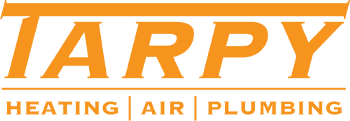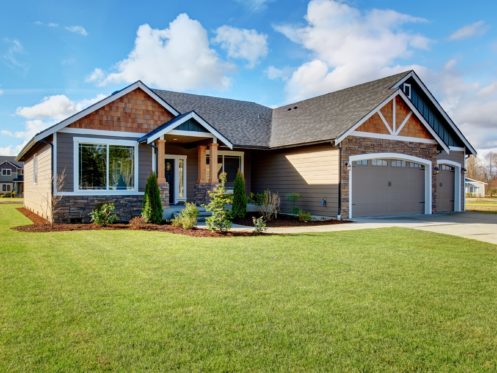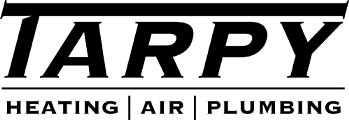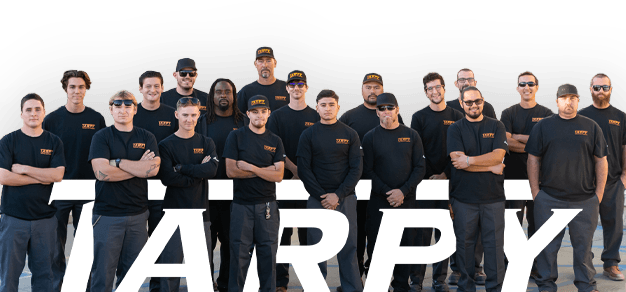Personal net worth derives from the value of someone’s assets. For most people, the value of their home establishes the bulk of that net worth. This is true for millions of homeowners. When someone owns a home free and clear or even has considerable equity in it, the value of the property can be turned into cash by selling it or refinancing it. Anything that increases a property’s value boosts the owner’s net worth. Installing a new HVAC system might contribute to the increase since a new system delivers many upsides to a potential buyer. On the other hand, older units could raise concerns that worry would-be buyers and may affect a sale.
HVAC Units and Their Lifespan
A top reason why an old HVAC system is worrisome centers on the need to replace it. Purchasing a new heating and cooling unit places more costs on the new owners’ shoulders.
Various factors contribute to how many years an HVAC system remains operational. A unit improperly sized for the house will work harder to cool and heat the interior, decreasing its life expectancy. Still, even an appropriately sized unit will eventually wear out. Potential buyers might look at the model number and research its age and average operational duration. A model reaching its known 15-year operational lifespan might raise questions from a buyer. After all, the new owner would have to replace the equipment once it stops working.
That said, a model could last much longer than anticipated. Expect the system to degrade as it ages, though. The older the parts become, the less efficient the performance will be. The buyer could worry about potential problems with an aging HVAC system, and those worries could translate into a lower purchase offer, if any.
Costs Incurred by Buyers
When a buyer considers purchasing a particular property, the buyer often looks at the costs associated with renovations. Some costs could be minor and not impact the sales price, such as wanting to repaint the interior or carpet the floor. However, installing a new HVAC system might weigh on the would-be buyer’s mind and budget. The buyer may place an offer that reduces the asking price by considering the costs of installing a new HVAC unit.
The seller may receive an offer that reduces the asking price below what installing a new HVAC requires. So, the seller risks losing more money on the sale than on installing a new system. Choosing to replace and upgrade the HVAC could result in the system paying for itself at sales time, although each individual sale is different, and other factors also contribute to the final sales price.
Costs and Time Spent on the Market
The longer a house stays on the market, the greater the chances are that the seller will get less money for the property. Buyers may wonder if there’s something wrong with the property and could even choose not to look at it. Dropping the sales price could become the only way to move the home that continues to appear listed for sale.
There’s another problem to face when a home remains on the market for too long. The seller must continue to pay costs associated with owning and maintaining the property. Insurance, taxes, and utilities will still be due. Even minor expenditures, such as mowing the lawn or cleaning the interior, take funds from the owner’s accounts.
If an old or failing HVAC system dissuades buyers, the owner may find dealing with a tough-to-sell property inevitable. Installing a new unit could help move the property faster, and the sale transfers various costs to the new owner.
Points About Expected Care and Upkeep
Specific home improvements could increase a property’s value dramatically. Building an addition on a home or renovating a kitchen and bathroom might drive home values up significantly. Repairing a cracked sidewalk won’t increase a home’s value beyond expected pricing, but leaving the sidewalk cracked will drive the value down. Installing a new HVAC system could fall somewhere between, as a new model may add some value and won’t reflect a costly maintenance issue for the new buyer.
The added value to the home might cover a significant percentage of the new HVAC system’s purchase price and installation cost. Some may find that upwards of 50% of the cost returns to them with the home’s sale.
Fixing and Upgrading the HVAC Unit
The system might be aging but has not yet reached its expiration point. A model installed 12 years ago may have several more years before its useful days end. Replacing the HVAC system prematurely might not make sense, but performing a thorough inspection and a proper tune-up might.
If the inspection uncovers aging parts or other issues, a technician could replace the old parts, improving the efficiency. Perhaps the new components will extend the unit’s life.
An inspection could lead to other work, such as ductwork fixes and more. Anything that improves the unit would likely appeal to a new buyer. Recent repairs and upgrades might decrease the need for any further work, at least for a while.
Replacing parts could be an effective strategy when living in mild climates. Places where the temperatures don’t swing to extreme heat or cold might not require running the HVAC unit heavily. So, refurbishments may be fine if the unit has a decent amount of life remaining.
Homeowners should keep copies of all work orders and receipts. Providing such receipts to prospective buyers or home appraisers establishes all work performed. No one has to guess or speculate about what a technician did. The details will be in the paperwork.
Homeowners living near Santee or anywhere else in the San Diego area should contact Tarpy Plumbing, Heating & Air for assistance with HVAC installation and repairs. Our team works with both heating and cooling systems and could provide insights into maintenance issues.
Energy Efficiency as a Selling Point
Old homes might have equally old HVAC systems. A 20-year-old furnace might run fine, but the system lacks many features common with modern, cutting-edge units. Expect older heating and cooling systems to lack energy efficiency, which is not a positive feature.
People appreciate energy efficiency for several reasons. Conserving energy stands as a way to protect both the environment and a bank account. When an HVAC lacks efficiency, expect heating and cooling bills to be high. The system works harder to deliver the desired temperature, and utility bills reflect the costs of such hard work.
Smaller Units and Size Benefits
Modern HVAC units could be much smaller than their older counterparts, ironic since the newer units are more efficient despite the reduced size. While the smaller unit’s performance might be its most essential trait, don’t overlook the value of a model that doesn’t take up as much space. Buyers may appreciate the added space, giving them more room inside the home.
Our team helps Santee, CA customers with heating and cooling work requests, along with any needed indoor air quality and even plumbing jobs. At Tarpy Plumbing, Heating & Air, we point to our EPA and BBB certifications to highlight our credentials. Please contact our office today for information about an estimate.


 SPECIALISTS
SPECIALISTS

